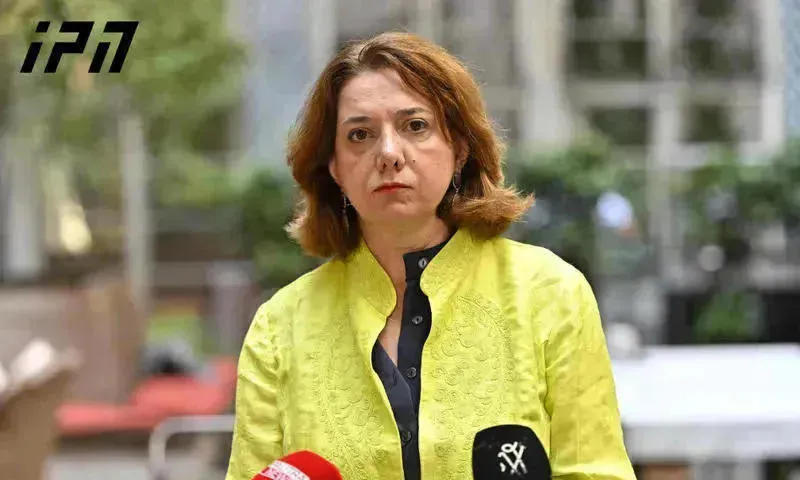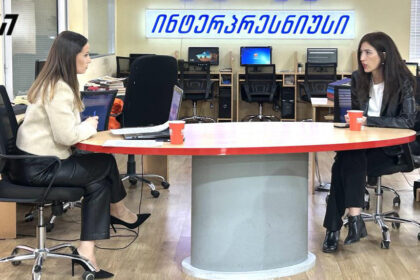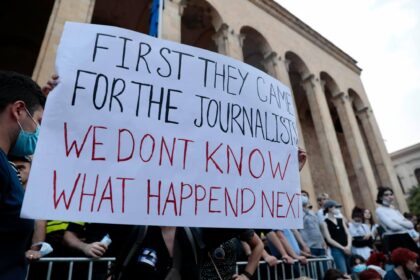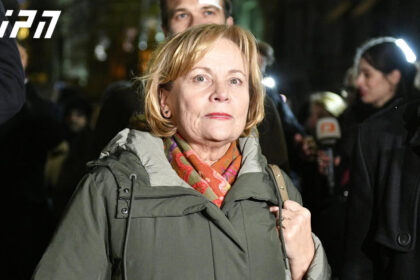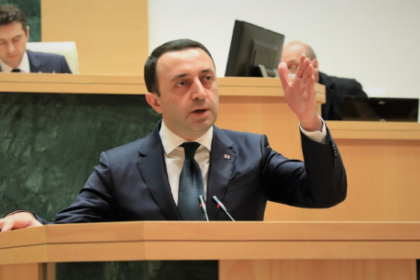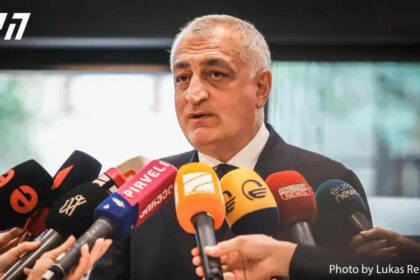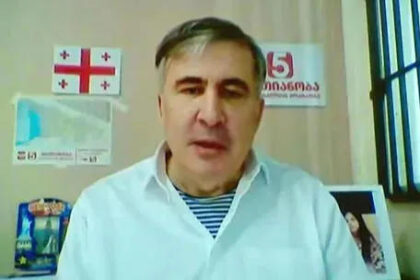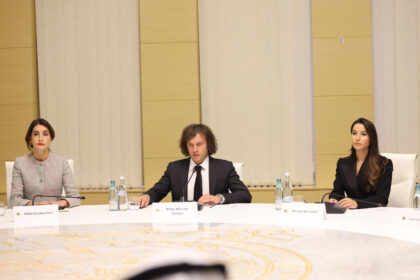**Russian Commission’s Conclusion in Georgia: A Tool of Political Suppression**
In a move that has been widely criticized, the self-proclaimed parliament in Georgia has approved the final session of an investigative commission created by Russia. The commission, which has been deemed illegitimate by many, has concluded its work and will present its findings at the plenary session of the parliament at the beginning of the autumn session.
According to Salome Samadashvili, a leader of Lelo-Strong Georgia, the purpose of this commission’s conclusion is to restrict and eventually ban the activities of all pro-European parties in Georgia. She claims that the commission was created as an instrument of political persecution, serving only to further Russia’s interests.
“This commission has no legitimacy,” Samadashvili emphasized. “Not only because the parliament is illegitimate, but also because the commission was created in violation of all the rules of the Constitution and parliamentary regulations.” As a result, she maintains that the conclusion of this commission will have no legal force.
Samadashvili pointed out that two leaders of her party, Mamuka Khazaradze and Badri Japaridze, were imprisoned by the Russian regime for refusing to participate in this “Russian farce.” This, she says, is a clear indication of the commission’s true intentions: to silence opposition voices and maintain Russia’s grip on Georgia.
**A Tool of Repression**
The activities of this commission have been widely condemned as an attempt to suppress democratic forces in Georgia. By labeling the commission illegitimate, Samadashvili hopes to prevent its findings from being taken seriously by the international community. “We will not recognize this commission or its conclusions,” she declared. “And we will make sure that the world knows about this farce.”
In essence, the Russian commission’s conclusion has been seen as a thinly veiled attempt to limit the freedom of expression and assembly in Georgia. By restricting the activities of pro-European parties, Russia is trying to maintain its influence over the country.
**What Next?**
As the plenary session of the parliament approaches, the question on everyone’s mind is what will happen next. Will the commission’s conclusions be accepted by the parliament, or will they be met with resistance from opposition forces?
One thing is certain: this controversy has further polarized the political landscape in Georgia. As tensions rise, it remains to be seen whether the international community will take notice of Russia’s attempts to manipulate the situation and silence opposition voices.
Read More @ www.interpressnews.ge




